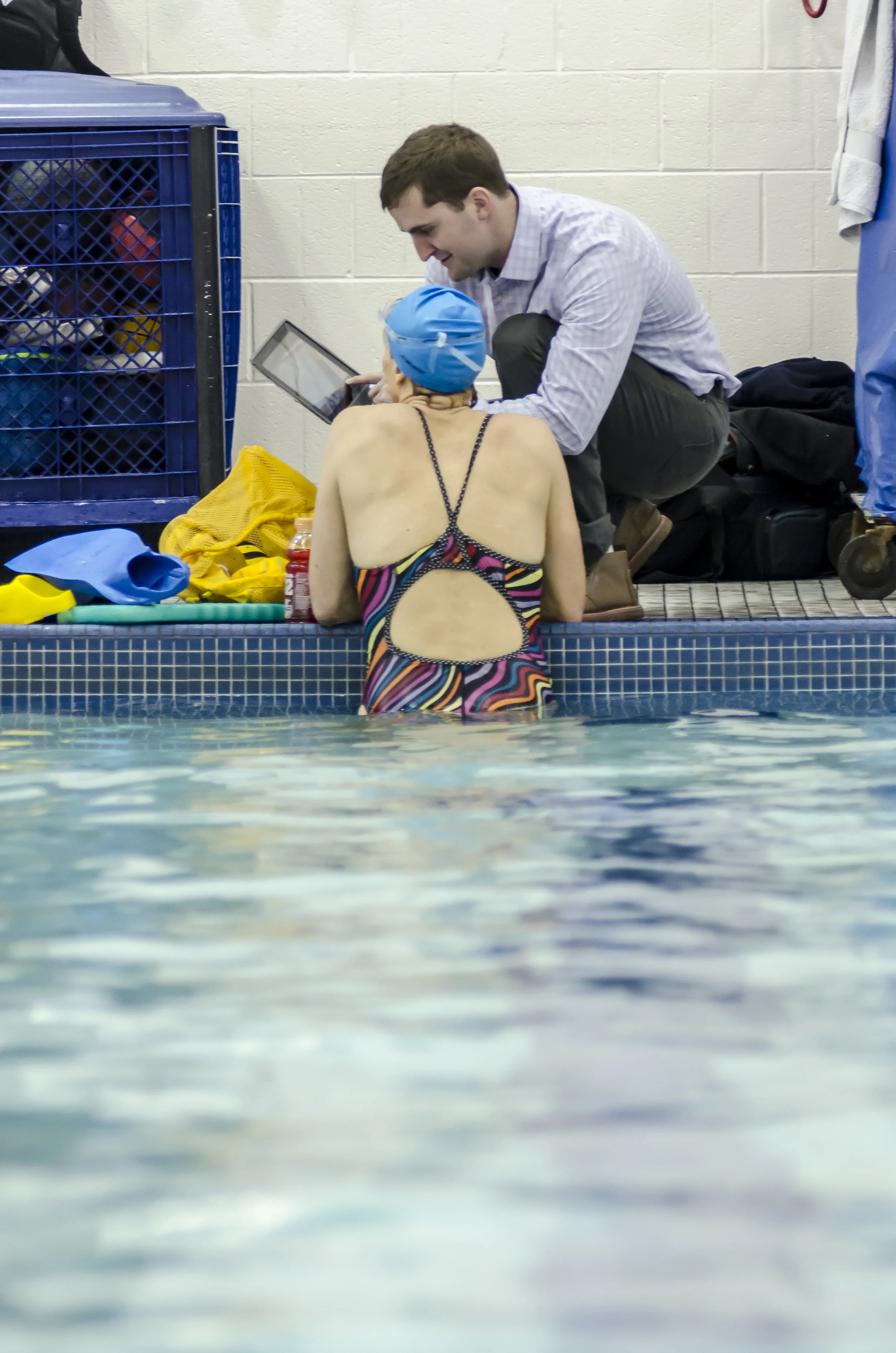Two weeks ago, I wrote a post about why hard working athletes often struggle with "rest" and "taper" season. At the core of this is that many of these athletes can present as self-motivated, but because this self-motivation is not healthy, we can miss the problem as coaches.
A reader rightly questioned: how can you identify when athletes internal motivation is poorly wired? This is a crucial question, because if you can do this, you have the opportunity to intervene as a coach well before the end of a season when this problem presents itself. Here is an explanation of how this situation may present itself as well as interventions you can make:
Unrealistic self- evaluation. An athlete's self-evaluation is a great insight to their motivational system. Can your athlete determine when they are doing a good job? Once I asked all of the athletes on my team to rate themselves on a scale of 1-5 on how well they were using practice to get better.
Many athletes reported a three or lower, which shocked me. When I pressed further, two big things came through: they were scared to rate themselves higher because they assumed I was going to think they were overconfident, and they couldn't see a way they could push the rating up.
When you have athletes that are both worried about your critiques (instead of seeing them as opportunities to get better) and feeling helpless, alarm bells should go off. Many coaches make the mistake of stopping feedback to these swimmers, who in turn take that as reinforcement that their coach does not care about them.
Instead, when delivering feedback (critical or not), make sure you are communicating that you care about the athlete, regardless of performance. Tell them the things that you value about them, so that they can see that they have value regardless of specific performance. Then, you must give them actionable steps that they can take to improve their own self-rating of their performance.
It will take pro-active and consistent work within a trusting relationship to help an athlete change their motivational structure. Many athletes have wired their motivation this way based on relationships with their parents or previous influential coaches, and feel it is "right". They will be scared to change and may believe that they will "lose" their motivation if they do so.
Like any swimming skill, the earlier in an athlete's life you can intervene, the better. Coaches of beginning athletes can set up a lifetime of successful swimming by building a healthy motivational environment.



